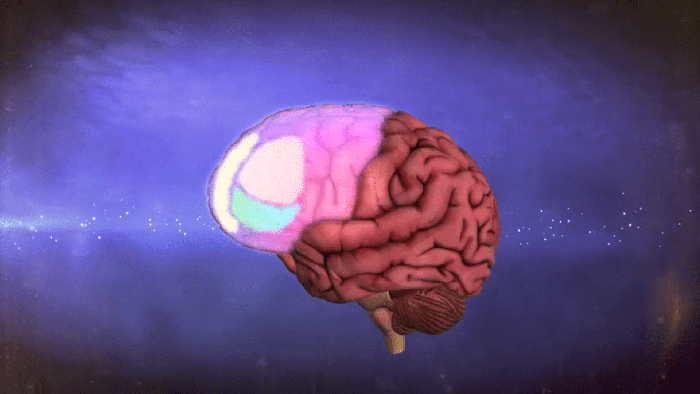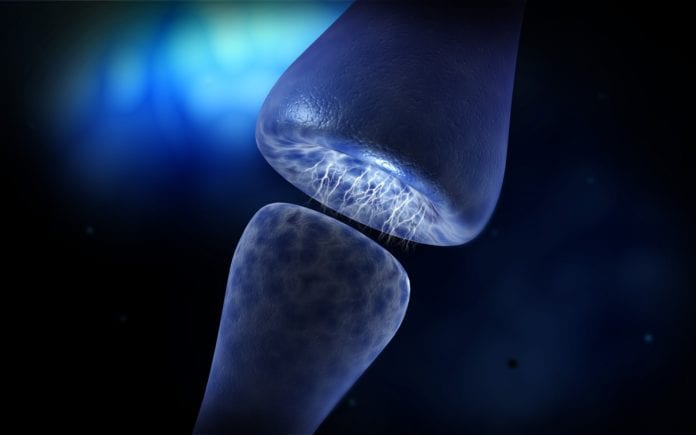At Emory, Ja’Lisa had a team of neurosurgeons, epileptologists (a doctor who specializes in epilepsy) and researchers working on her case. Her team included Emory neurosurgeons Robert Gross, MD, and Jon Willie, MD, alongside neuroscientist Cory Inman. Their goal is to treat patients with epilepsy so that they can live a life with no seizures and no side effects of treatment.
As part of their research, patients like Ja’Lisa begin their journey by spending time at Emory University Hospital having their seizures recorded. After analyzing the data, the team can begin to identify the source of the patient’s seizures and other abnormal electrical activity in the brain. Knowing where in the brain seizures are starting helps surgeons deliver the best treatment.
Precise, Effective Treatment
For many, the next step in treatment is the Stereoelectroencephalography (SEEG) procedure, which provides a complete understanding of activity deep within the brain. During the procedure, surgeons use a robotic assistant to help locate the precise areas of the brain where more monitoring is needed. Then the surgeon will drill small holes into the skull and implant the electrodes that will monitor brain activity.
After the electrodes are implanted, patients spend more time in the hospital having their seizures monitored. As part of the research program, patients may rest or perform tasks like video games and other computer activities to stimulate and monitor brain function.
During this phase of treatment, the team is looking for more information about where seizures are originating, but they are also conducting research about how the brain retains memories. By developing a stronger understanding of how memory works and finding ways to improve it, the team hopes to find ways to help people struggling with memory problems caused by conditions such as epilepsy, traumatic brain injury and Alzheimer’s.
In the weeks of monitoring following an electrode placement, the neurosurgery team can then identify the precise source and location of seizures. The discovery of the exact source allows the team to treat each patient with precision and gets them one step closer to their goal of no seizures and no side effects.




